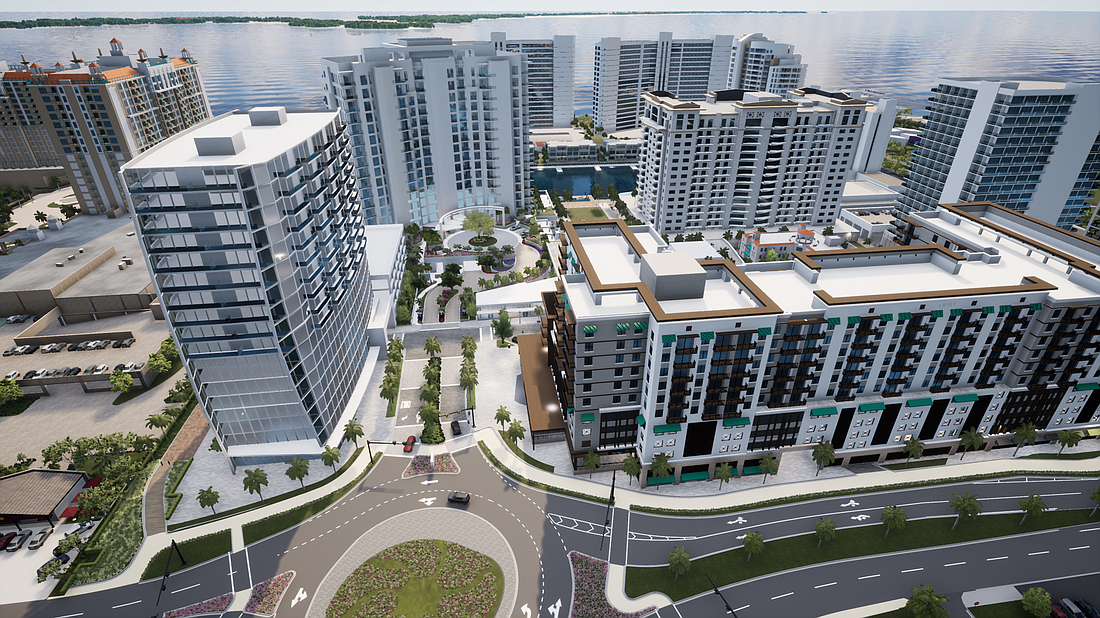- December 15, 2025
-
-
Loading

Loading

Following a year in which Gulf Coast commercial real estate values dropped in some sectors, transactions went on pause, occupancy in some quarters fell and rent collections lagged, industry participants contend 2021 will provide a significant rebound.
Although much of the optimism is predicated on a relatively quick and effective distribution of COVID-19 vaccines, which will take months, industry watchers expect the second half of the year to be one of recovery.